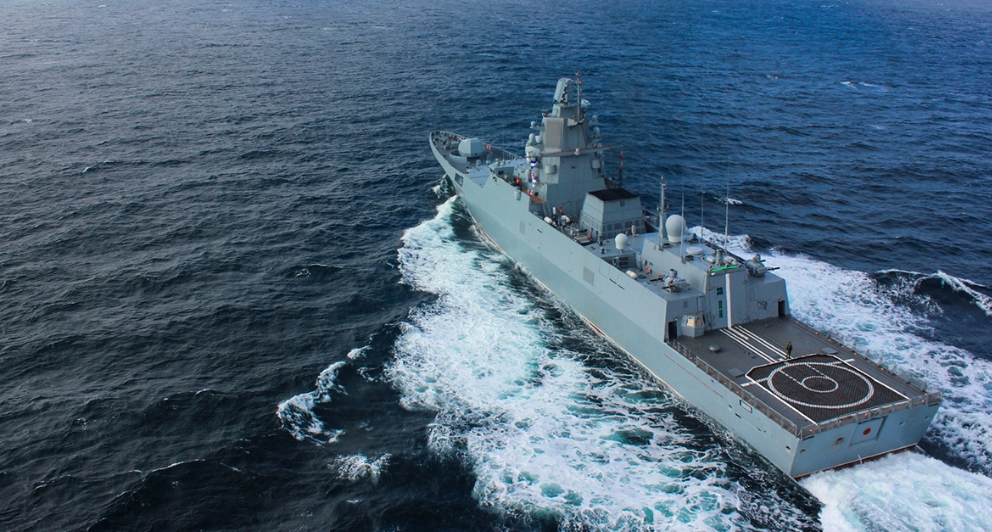A New Cuban Missile Crisis?

In May, Cuban President Miguel Díaz-Canel made an official visit to Moscow where he met with Russian President Vladimir Putin. Almost immediately afterward, the presence of Cubans amongst Russian forces in Ukraine was confirmed. This week, a Russian nuclear submarine along with three Russian ships arrived off the coast of the communist country, ahead of planned military exercises in the Caribbean.
It should not be a surprise that collaboration between Moscow and Havana has continued since the collapse of the Soviet Union. But the question must be asked: why the sudden increase in military cooperation? Further, how will the United States respond to this show of force and the concerning nature of two Cold War allies engaging near its shores?
There has been much speculation regarding Russia’s motives for sending two of its naval crown jewels to the Florida Strait. One theory is that the arrival of these ships is in response to a request from the Cuban government to increase the Russian military presence on the island in anticipation of potential civil protests and demonstrations during the summer. Indeed, summer is a period when Cubans have historically taken to the streets to demand their rights. This was evident during the famous July 11, 2021 protests as well as the Maleconazo protest in August 1994. Situating the Russian navy off the shores of Cuba would likely keep such demands in check due to its domineering presence.
Another perspective suggests that Putin’s regime is seeking to provoke the United States, as was the case in 1962 during the Cuban missile crisis.
Russia’s recent military maneuver may be a combination of both strategies. But rather than attempt to read the minds of autocrats like Putin and Díaz-Canel, Americans should recognize the threat that their dealings in our hemisphere pose, and policymakers should ask what actions President Biden’s administration will take.
So far, the US Navy has tasked two destroyers and two sonar-equipped ships to shadow the nuclear submarine. An additional destroyer and a Coast Guard cutter are reportedly following the three Russian ships.
With Russian hypersonics miles away from America’s shores, many are asking if this situation could develop into a modern Cuban missile crisis. And if the Russian fleet supports the Cuban communist regime oppress its people — how will Washington respond?
Washington must make the next move. While action has been taken to defend the maritime integrity of the United States, our leaders need to stand for freedom, united with the legitimate demands of the Cuban people with a strong and clear response that Russian intervention, explicitly or otherwise, in North America is unwelcome. We must not turn a blind eye to authoritarianism in our backyard.
Hernán Alberro is the Program Manager for VOC’s Latin American Studies Program.
Photo: Russian frigate Admiral Gorshkov via the Ministry of Defence of the Russian Federation under CC BY 4.0.

